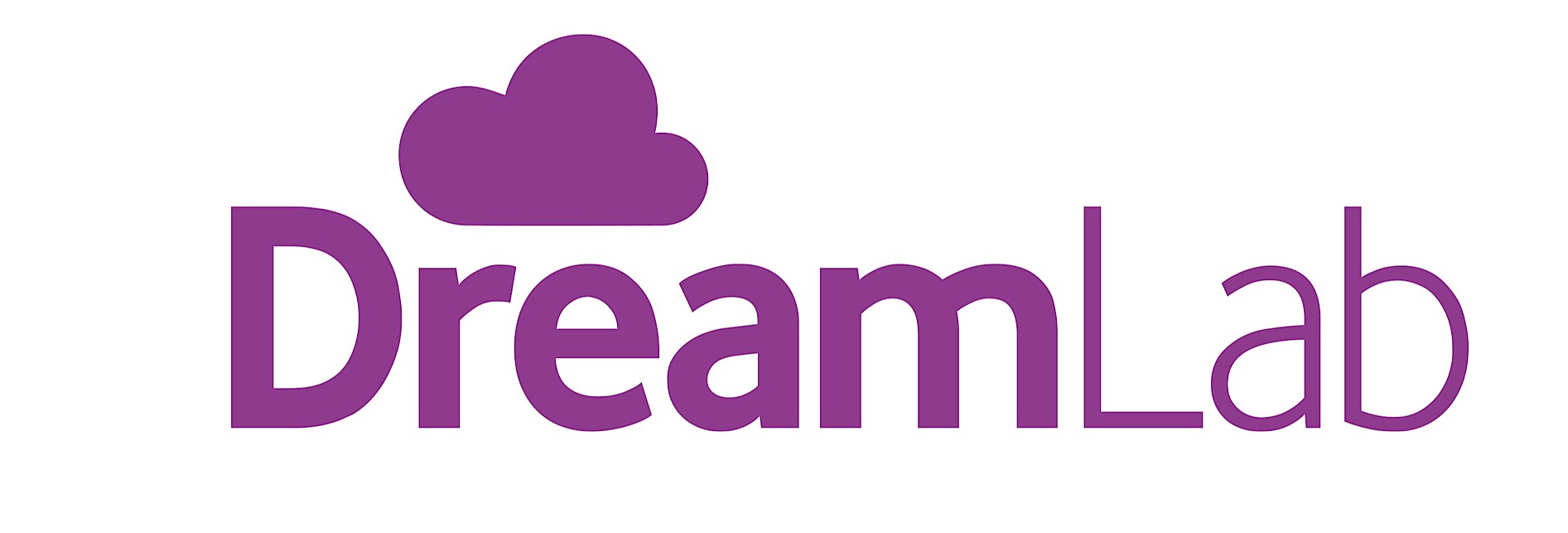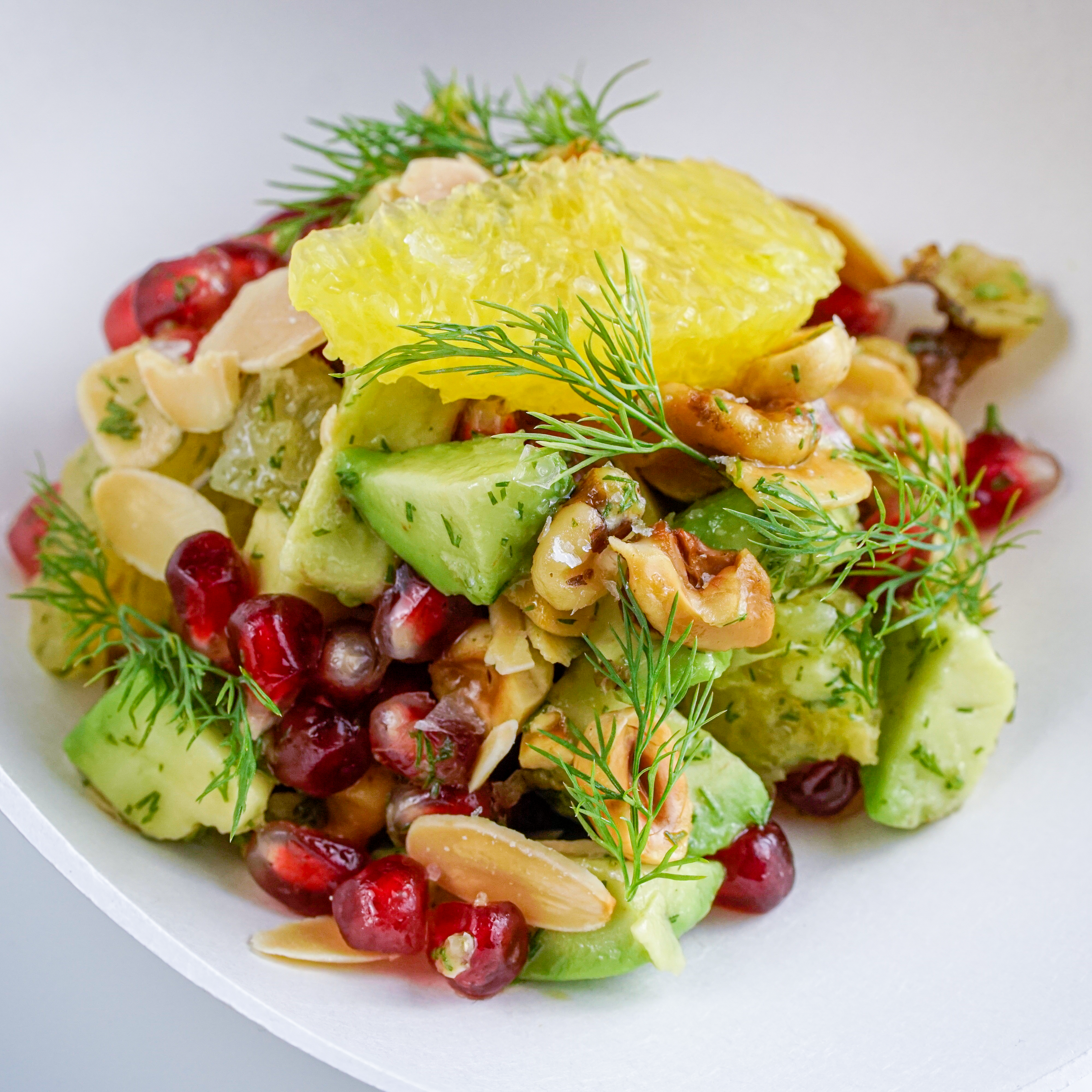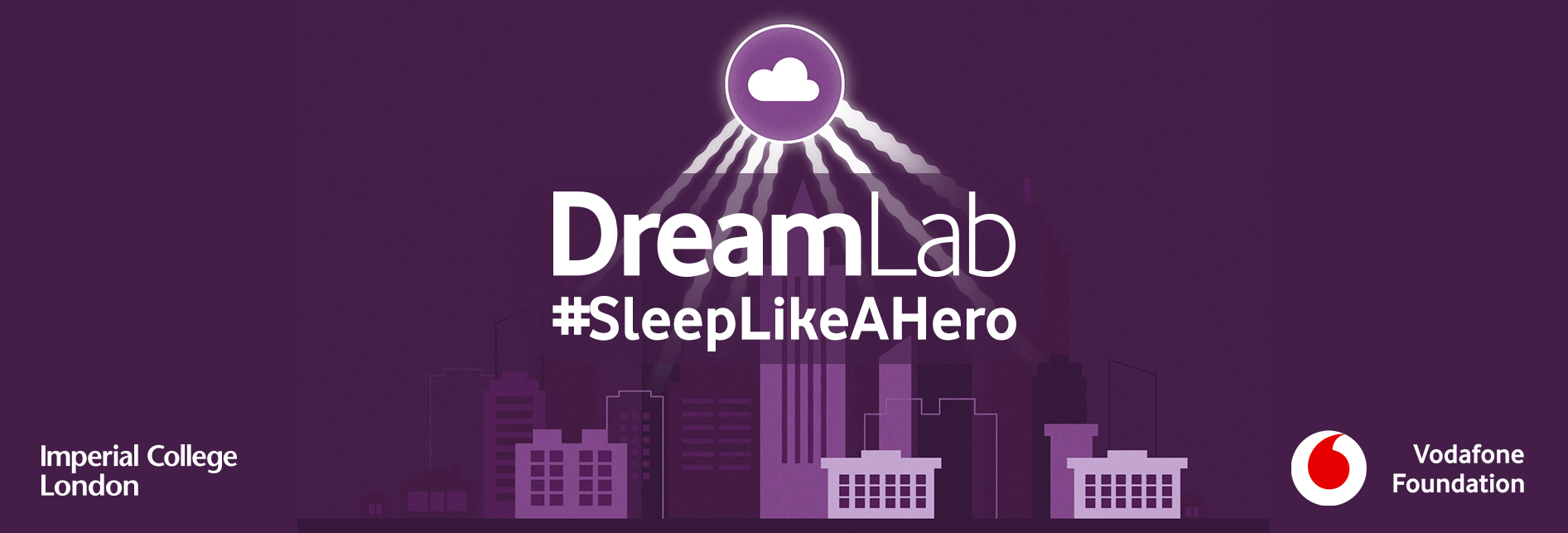
- New AI driven cancer research from Imperial College London and The Vodafone Foundation published.
- Research identifies hundreds of molecules with cancer beating properties in everyday foods like oranges, cabbage and grapes.
- New insights into existing anti-diabetic and anti-microbial drugs and their potential role in anti-cancer therapy also discovered.
- The research was powered by DreamLab, a crowdsourcing app that uses the processing power of mobile phones to speed up cancer research.
Two new and important pieces of cancer research have been published in a leading journal thanks to thousands of people simply plugging in their mobile phone each night and connecting to the DreamLab app whilst they sleep. The crowdsourcing app from The Vodafone Foundation uses the processing power of thousands of mobile phones to speed up important cancer research being carried out at Imperial College London.
Today, that research has resulted in two important new findings being published – firstly, the identification of hundreds of anti-cancer molecules in everyday foods including oranges, cabbages and grapes and secondly, the potential for existing anti-diabetic and anti-microbial drugs to be re-purposed to target cancer.
These findings would not have been possible without the DreamLab app, which allowed researchers at Imperial to crunch all the data required for this project in less than a year – it would have taken decades using traditional computing methods. Putting it into context, a personal computer running 24-hours a day would take 300 years to process the data required, while 100,000 smartphones running six hours a night, could do the job in three months.
The research found that carrots, celery, oranges, grapes, coriander, cabbage and dill have the highest number of different molecules with the potential to help fight cancer. Researchers used a network-based machine-learning approach to analyse the properties of over 8,000 everyday foods and identified more than 110 cancer-beating molecules. Many of these molecules are flavonoids, the huge class of compounds which help to give fruit and vegetables their colour.
Published in Nature’s ‘Scientific Reports’, the research also shows that both the anti-diabetic drug Metformin and anti-microbial drug Rosoxacin potentially have a role in anti-cancer therapy. Because these drugs have already been in therapeutic use, their approval for use as cancer therapies carries fewer risks, substantially lower costs and will involve shorter timescales than developing completely new drugs.
The breakthrough comes from Imperial’s DRUGS/DreamLab project, which pairs bespoke Artificial Intelligence technologies, mobile supercomputing and big data to analyse billions of combinations of existing drugs and/or food based molecules to identify previously unknown cancer-beating properties.
While these early-stage findings are encouraging, the researchers say further research is needed to confirm any clinical properties of the molecules. They now hope to further explore different combinations of food molecules, using AI simulations to look at the potential impact they might have on cancer.
Dr. Kirill Veselkov, Lead researcher, from Imperial’s Department of Surgery & Cancer, said, “This is a ground-breaking moment for us. The next step is to use AI technologies to explore the impact that different combinations of drugs and food-based molecules could have on individuals. We have built a team of molecular gastronomists, computer scientists, biochemical/microbiota scientists, sensory scientists, Michelin-star chefs, health economists and clinicians to advance the next phase of the project.
Helen Lamprell, General Counsel & External Affairs Director, Vodafone UK, said, “We launched DreamLab in the UK just over a year ago, and in a short period of time it has made possible vital research that would have otherwise taken years. This ground-breaking project demonstrates the power of technology and how, simply by downloading the DreamLab app, you can make a real difference in preventing cancer“.
The research paper ‘HyperFoods: Machine intelligent mapping of cancer-beating molecules in foods is available online now at www.nature.com/articles/s41598-019-45349-y.
You can download the DreamLab app for free now on the Apple Store or Google Play.
-Ends-
For more information or interview requests with Helen Lamprell, Vodafone or Kirill Veselkov, Imperial College London please contact:
Vodafone UK Media Relations
Tel: 01635 693 693
Email: ukmediarelations@vodafone.com
Notes to editors:
About Vodafone Foundation
The Vodafone Foundation’s Connecting for Good programme combines Vodafone’s charitable giving and technology to make a difference in the world. Globally, the Vodafone Foundation supports projects that are focused on delivering public benefit through the use of mobile technology across the areas of health, education and disaster relief. The Vodafone Foundation invests in the communities in which Vodafone operates and is at the centre of a network of global and local social investment programmes. The Vodafone Foundation is a UK registered charity, registered charity number 10989625.
The Vodafone Foundation has launched DreamLab in the UK following a successful launch in Australia in 2015. Vodafone Foundation Australia, which was founded in 2002, is in partnership with the Garvan Institute of Medical Research and Hello Sunday Morning to help speed up cancer research.




